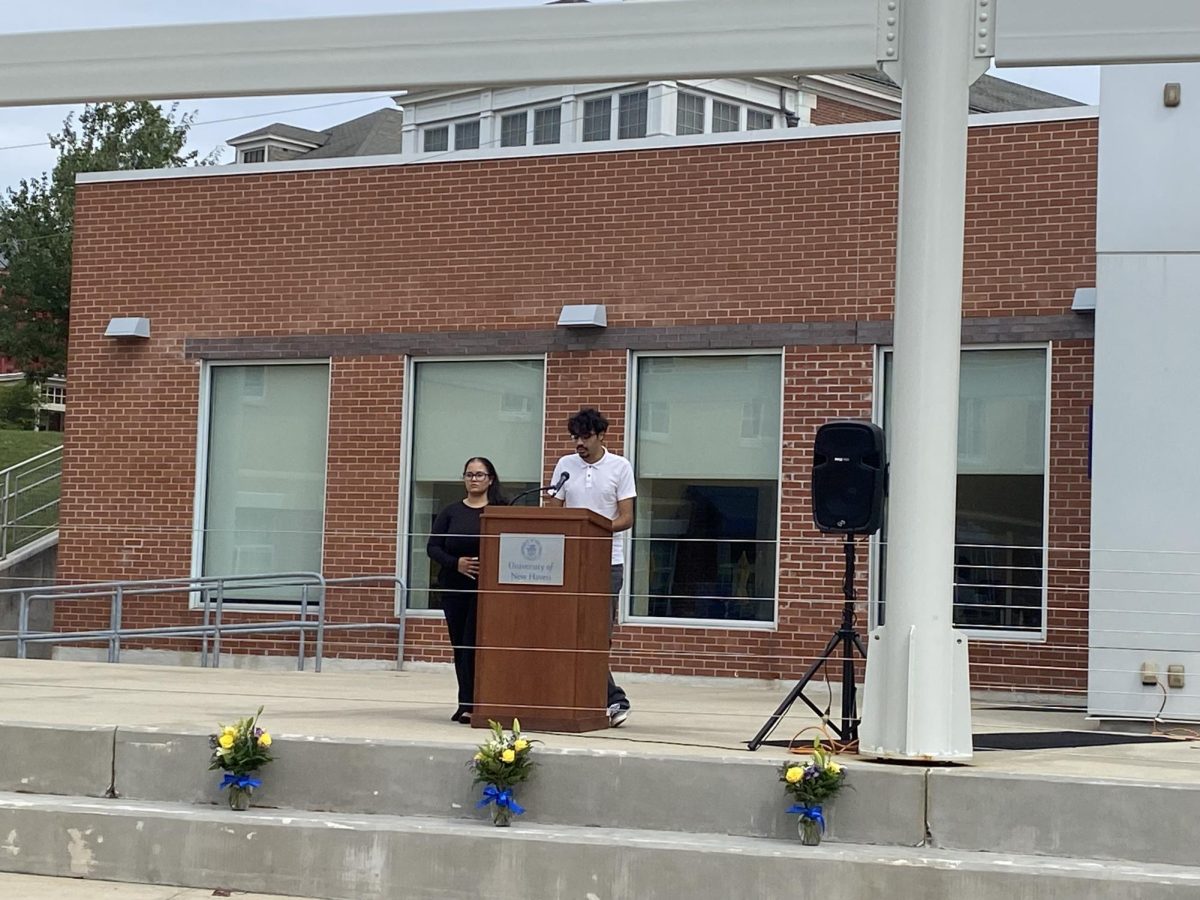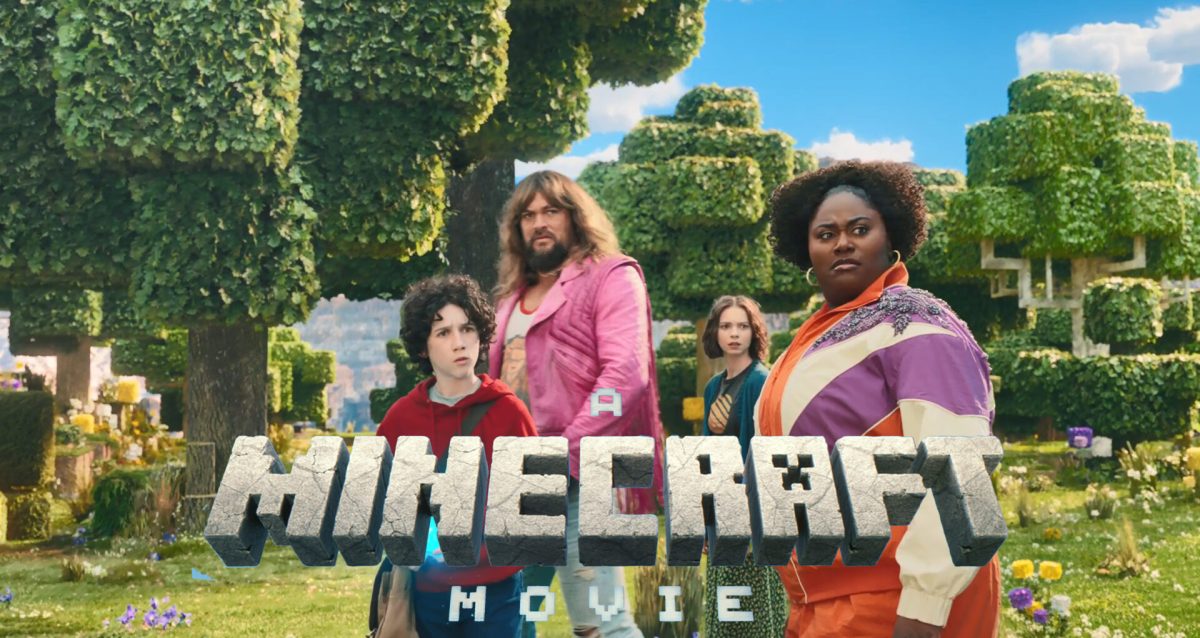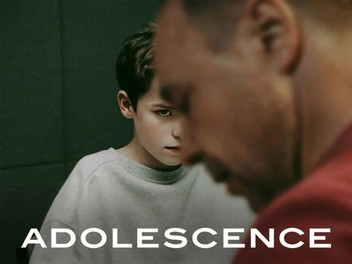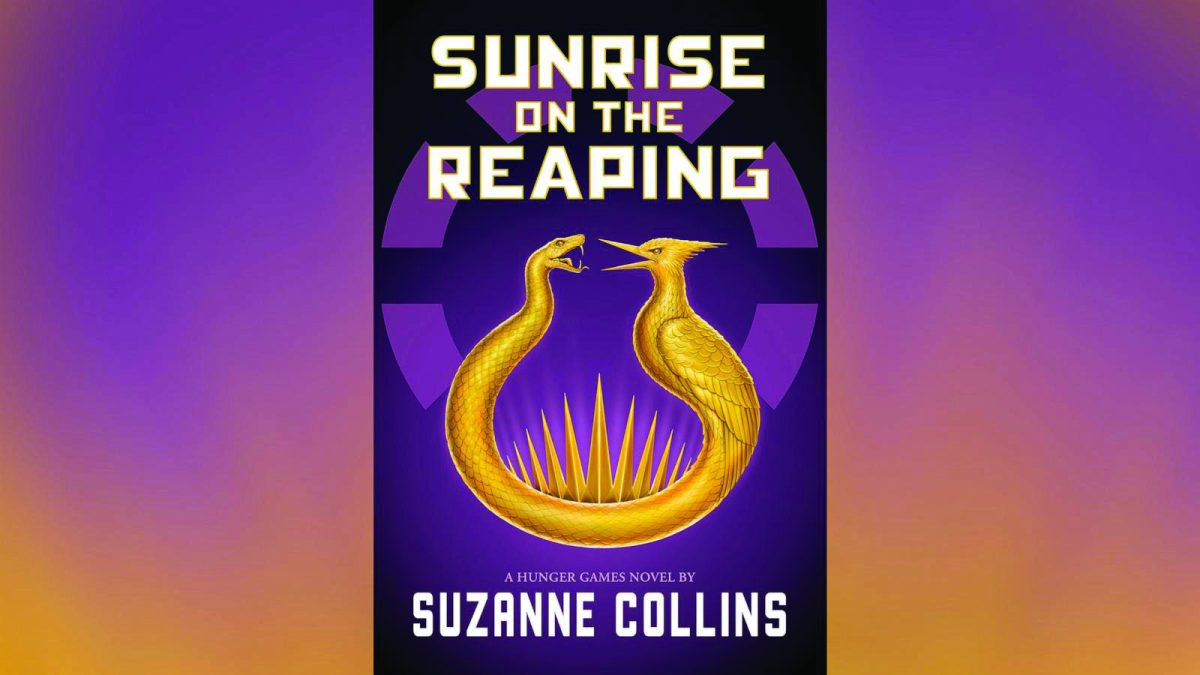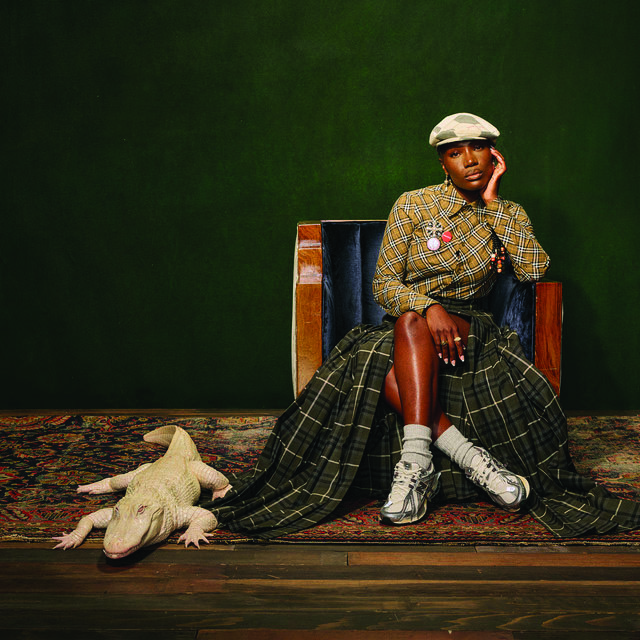Despite the wind this past Friday, the Muslim Student Association (MSA) gathered together and welcomed the community members to a remembrance vigil held to commemorate the victims and lives lost in the United States due to Islamophobia.
Youssef Ossama, the president of MSA and a senior studying marketing, started the vigil by discussing the ignorance he encountered relating to his religion. “I had to educate my peers because for many of them I was the first Muslim they encounter,” said Ossama. “My parents always encouraged me to portray my religion and my culture with integrity and courage.”
After this point, Ossama talked with pride about his faith along with the progress that Muslim’s have made in America despite constant discrimination.
“Muslims have slowly gained representation in the government, U.S. television, sports, higher education, and a presence in the public sphere across the country, and we will continue to thrive whether they are native born or an immigrant, a convert or born into the faith,” said Ossama. “Muslim Americans are the most diverse, among the most educated [and] among the most employed with roots in every part of the world.”
The next speaker was Barbara Lawrence, the vice president for institutional equity and diversity at the University of New Haven. Lawrence’s speech mainly focused on encouraging university students and faculty to educate themselves about Islam, to call out any Islamophobia that they encounter and to recognize any internalized prejudice that they might have.
“Continue to reflect and confront your own if you have internalized Islamophobia, learn about Islam – its history, its culture – and historic and current figures,” said Lawrence. “We ask ourselves and students and staff and faculty to research the many diverse cultures across the world that practice Islam.”
The next speaker was Sam Ortiz, the new director of the Myatt Center for Diversity and Inclusion, who told the audience that 9/11 was a transformative time for everyone, including for himself. Ortiz said that post-9/11, he became more politically conscious, especially in relation to the Islamophobia he saw.
Ortiz said, “9/11 really forced me to confront the incredible amount of prejudice, discrimination, hate and violence that Muslim communities faced, and it helped me open my eyes to a larger struggle against white supremacy, against colonialism, against these institutions of power and oppression.”
Up next was Hafiz Hassan Ali, the MSA director of community outreach, who asked the audience to put themselves in the shoes of Muslims. “Imagine just for a second, you all are Muslim,” said Hassan Ali. “How would you feel if somebody asks you to go back to your country even though you’re born in America? Somebody tells you that you are a terrorist?”
Hassan Ali confronted the false narrative of Muslims being dangerous by stating that Islam is a religion that “teaches us to smile at people. To go out of our way to help somebody, to be kind, to be generous.”
Former MSA advisor and current associate professor of the management department, Khadija Al Arkoubi, was the next speaker. Al Arkoubi said, “Today we come together not only to remember the lives lost in the tragic day of September 11, 2001, but also to acknowledge the profound impact it had on the lives of Muslims in the United States.”
Despite the nation coming together and supporting one another after 9/11, as said by Al Arkoubi, there was still heavy hatred and segregation furthered by Islamophobia.
“The rise of Islamophobia – a prejudice born out of fear and misunderstanding – swept across our nation following the attack,” said Al Arkoubi. “Muslims who were unfairly singled out and subjected to discrimination and hatred, the toxic narrative that emerged in the aftermath of 9/11 affected every aspect of their lives, including their education, careers and professional aspirations.”
Al Arkoubi ended the speech by saying that we must acknowledge the challenges faced by Muslims due to prejudice and stand up to the discrimination that they experience.
The next speaker was Aiya Chahid, the vice president of MSA and a junior studying criminal justice. Chahid started her speech by recounting when she was younger and how her parents would speak Arabic in front of her, as they hailed from Casablanca, Morocco, but never taught her the language. “I would understand almost every word of what they had said in conversation, but I couldn’t speak in fact. I was never taught Arabic growing up, despite hearing it everywhere,” said Chahid. “I like to compare it to thinking or breathing or blinking. It’s not something that you know how to do. You just do it.”
Chahid said that this was done by the instruction of a physician, who said that learning Arabic would “pause” her speaking English. Chahid also said that as she got older, her parents would stop speaking Arabic when the windows were open and neighbors could hear. She said that she and her family, along with her heritage, were silenced.
Despite being silenced, Chahid became louder and prouder of her faith and background. “I am a voice that will be heard and Islamophobia will not change that.”
Just before the vigil ended, Ossama came back to the podium and said that despite the heaviness of the stories they had just heard, he wanted to thank everyone for coming out and remembering the lives lost on 9/11 and from Islamophobia.
If you are interested in attending MSA’s meetings or events, check out their Charger Connection page and their Instagram, unh_msa.
MSA holds “Remembering the Forgotten Vigil” in honor of Muslim lives lost due to Islamophobia
MSA President Youssef Ossama speaks in the Bixler/Gerber quad, West Haven, Sept. 15, 2023.
0
Tags:
More to Discover
About the Contributor
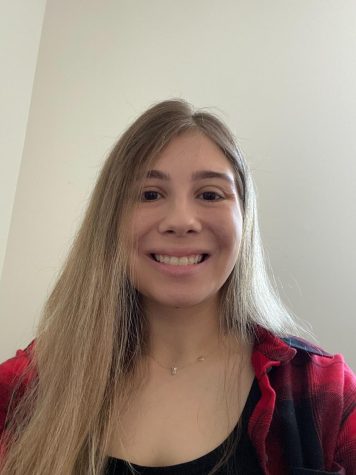
Presley DePugh, Arts & Life Editor
Presley DePugh is in the class of 2024 and majors in Communications with a concentration in TV/Video Production. She is also a Charger Ambassador and a Fall 2022 Editorial Intern at TV Tea.



